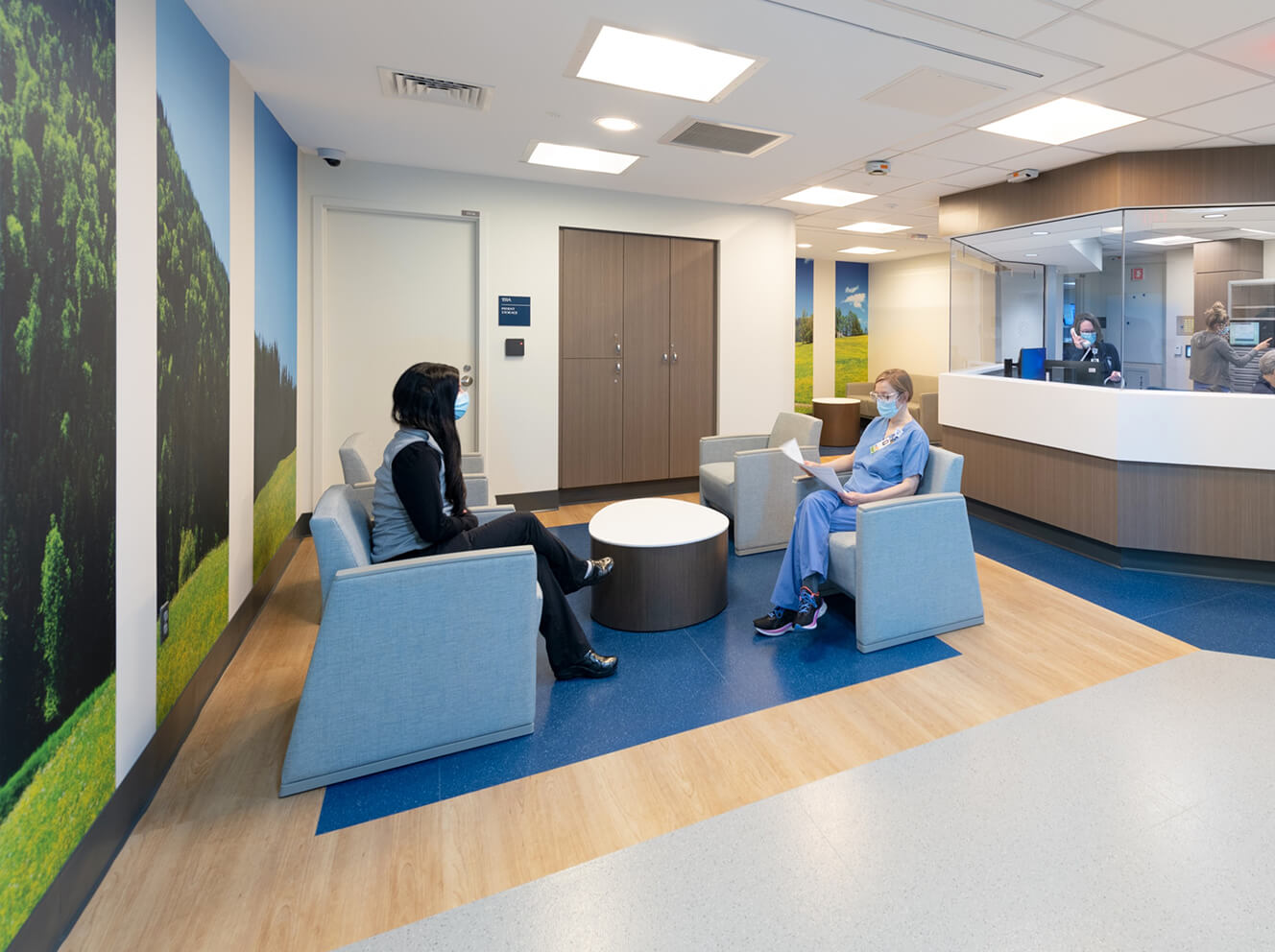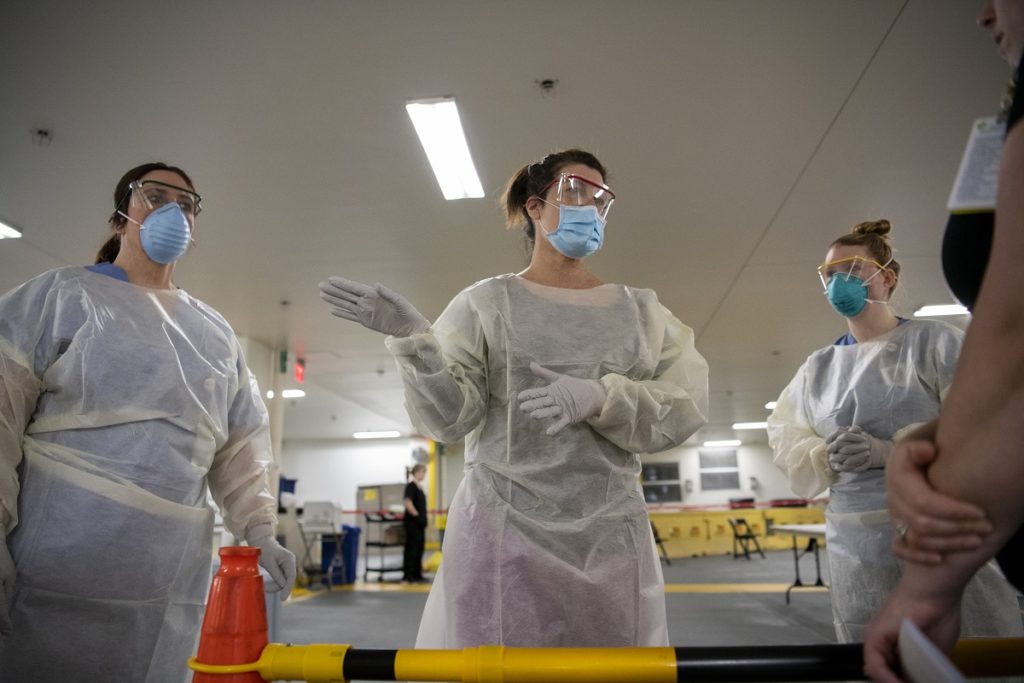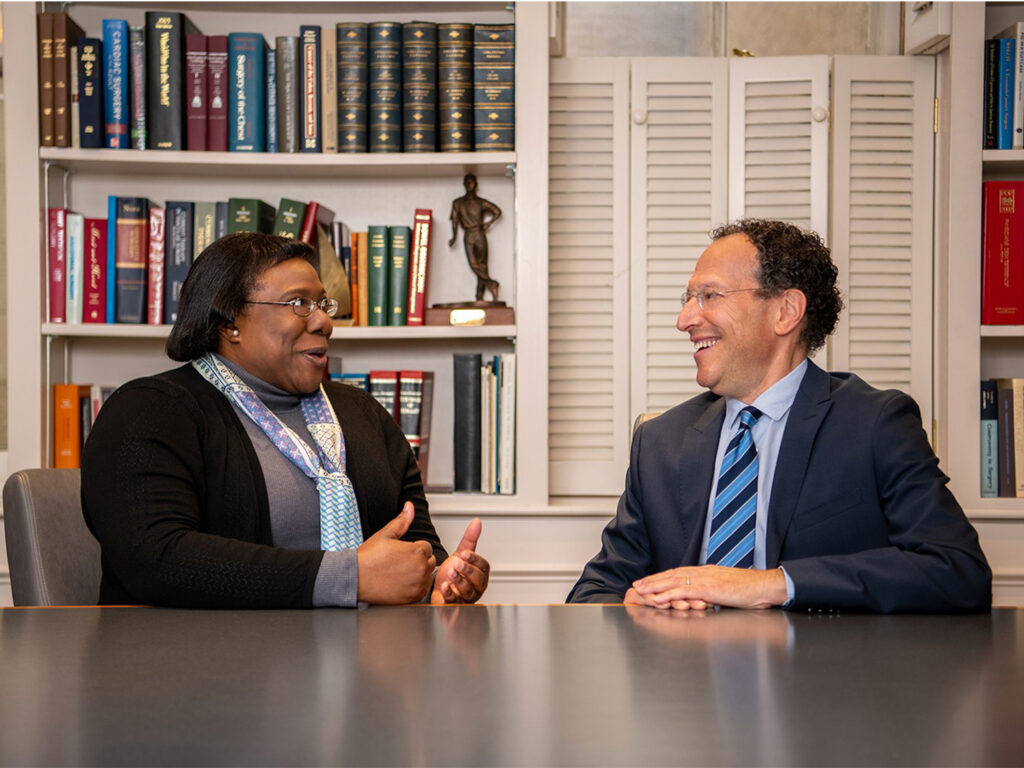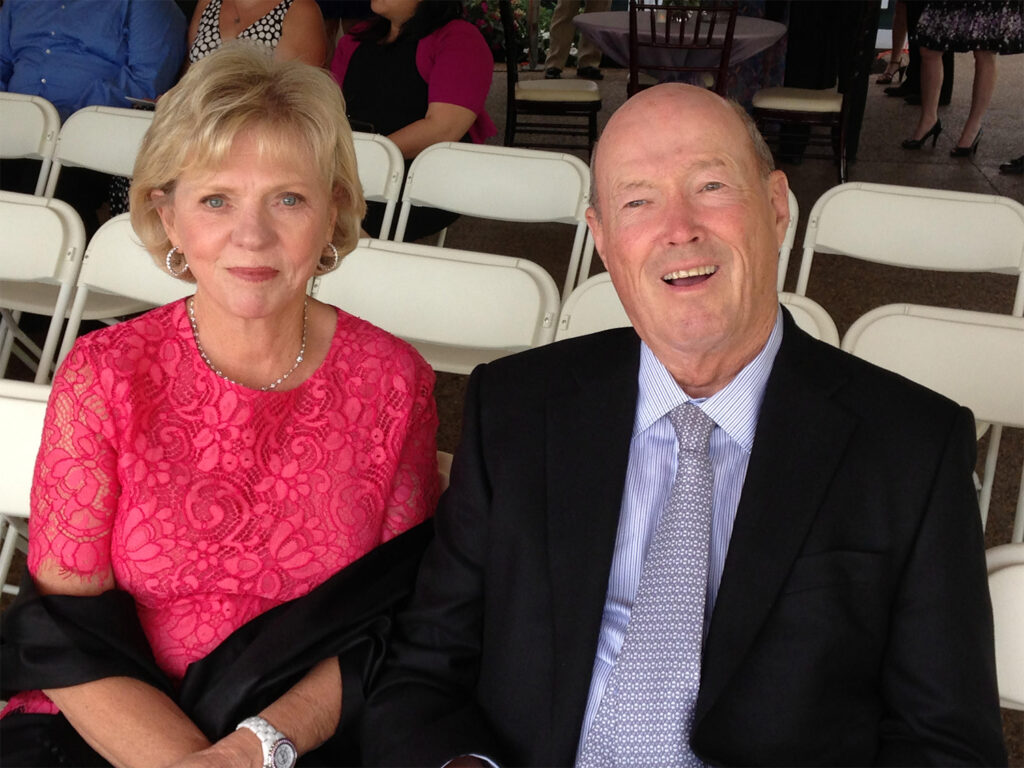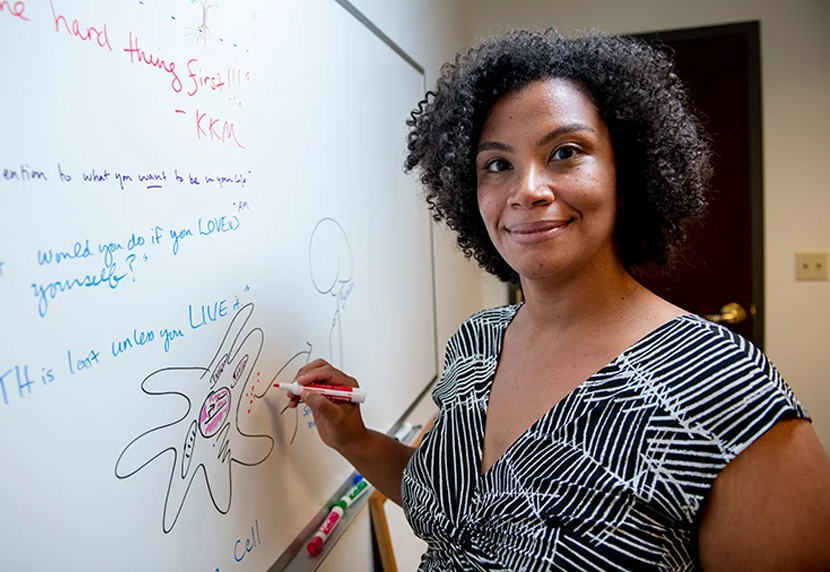The Acute Psychiatry Service (APS) in the Mass General Emergency Department (ED) is one of the busiest in the northeast, providing emergency psychiatric care for more than 7,000 pediatric and adult patients every year.
Even before the COVID-19 pandemic, which has greatly exacerbated psychiatric emergencies, the sheer number of patients in distress seeking mental health care overcrowded the emergency department and compelled the hospital to create a dedicated space. Opened in April 2021, the expanded APS unit features 20 individual patient rooms with a quiet and becalming atmosphere, designed to ensure privacy, safety and dignity and which are far removed from the incessant noise and garish lights of the bustling ED.
“The fact that our hospital made this level of commitment to provide an incredibly humane environment for people who are suffering from acute psychiatric disorders is really unprecedented across the state,” says Joy B. Rosen, vice president for behavioral health at Mass General. “It has become a model for other hospitals in our system looking to reorganize their EDs.”
Thoughtful and Safe Design
It took a multi-disciplinary hospital team to design the space, a meticulous and creative melding of form and function. The walls on the windowless unit on the ground floor of the Bulfinch building were purposefully decorated with colorfully vivid nature scenes. The patient rooms and the bathrooms, including the showerheads, paper towel and toilet paper holders, were carefully constructed to minimize patient self-harm.
Rooms were designed with different types of patients in mind, says Robert Seger, executive director of emergency medicine. For pediatric patients, six slightly larger rooms were created to accommodate a parent or guardian visitor. For geriatric patients, two rooms feature recliners for ease of mobility.
Combatting the Chaos
A separate psychiatric area in the ED also reduces the potential for patients to become agitated and potentially violent. This separate space also helps reduce stigma, Mr. Seger notes. In the stressful, anxiety-inducing atmosphere of the main ED, it can be easy to identify and stigmatize psychiatric patients, as most of the patients are required to change into safe clothing, such as brown scrubs, to minimize self-harm.
“The care and thoughtfulness that went into the planning and design — I’ve never seen anything like it,” says APS Nurse Manager Margaret Ford, RN.
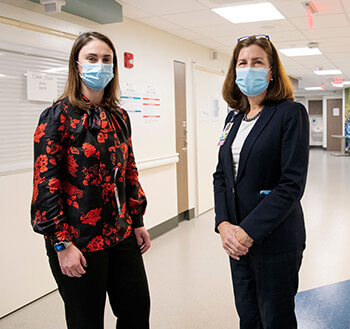
A Different Time
Two years into the pandemic, however, the impressive, state-of-the art unit does not have enough beds to meet the demand. “Right now, the mental health crisis is a pandemic within a pandemic. These are problems that are not going to be quickly solved,” Ms. Rosen says.
“The environment of care in our new space is tremendously better. It is a great step up from the ED. But it is not a solution to the fact that people are boarding for days, sometimes weeks, particularly pediatric patients,” says APS Director Suzanne Bird, MD.
The APS exceeds capacity every single day. Acutely ill patients can still spend days in the main ED, on a recliner or on a stretcher in a hallway. In the APS itself, some patients wait weeks for transfer to care or placement in an appropriate treatment facility.
“Yesterday, we had 49 patients,” Dr. Bird says during a recent tour of the space. “That means 29 patients were spread all around the rest of the ED.”
When the planning process began in 2018, metrics showed that a unit of 20 beds would be able to accommodate most of the APS patients. That is no longer the case.
The pandemic and its host of detrimental effects on mental health, including the toll of isolation, the loss of loved ones and livelihoods and the rise in substance use disorders, is one reason, but not the only one, for the dramatic increase in patients.
“Unfortunately, the APS is facing challenges,” Ms. Rosen says. “It is not set up to be an inpatient unit. It is not designed that way and not staffed that way.”
Fortunately, however, the hospital’s commitment to the new space also extended to increased staffing levels — more nurses and more mental health professionals — so patients can receive not only evaluation and assessment but also treatment, allowing for the possibility that they can be discharged without transfer to another facility. Other solutions to the boarding crisis may be on the horizon, including fast-acting medications and treatments, used to help decrease the need for visits to the ED. But these temporary solutions won’t address the need for inpatient care.
“To be totally honest, the entire system needs to be overhauled,” says Dr. Bird. “We need a complete restructuring of how mental health care is provided in this state and in the country.”
To make a gift or learn more about supporting the Mass General Acute Psychiatry Service, please contact us.
